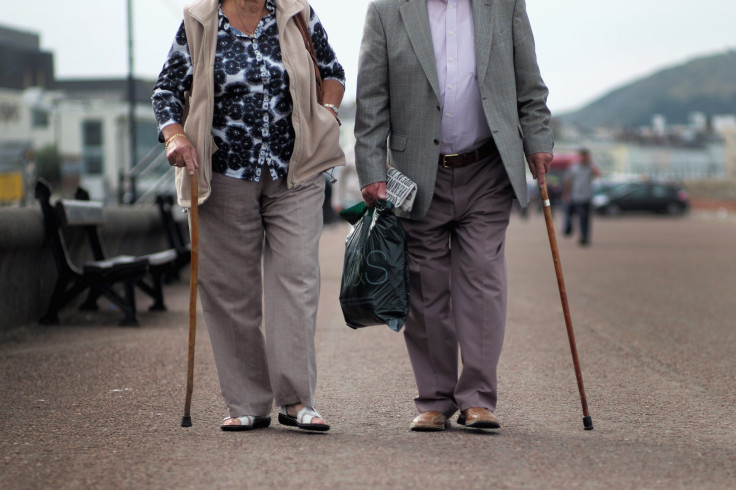How To Live To Old Age? Average Life Expectancy May Cross 90 Years By 2030, But Not For The US

The average life expectancy continues to rise in many countries across the globe, with South Korean women taking the lead. A new study released Tuesday suggested that by 2030, women from the East Asian nation will have a life expectancy of over 90 years. While most developed countries are looking at a similar trend, the United States is an exception.
The study, by Imperial College London and the World Health Organization, looked at lifespans in 35 industrialized countries and published its findings in the Lancet, a U.K. medical journal.
Lead researcher Majid Ezzati attributed South Korea’s success to factors like good nutrition, health care and lower levels of smoking. “South Korea has gotten a lot of things right,” he told the BBC.
“They seem to have been a more equal place and things that have benefited people - education, nutrition - have benefited most people,” Ezzati added. “And so far, they are better at dealing with hypertension and have some of the lowest obesity rates in the world.”
The U.S. performance was “almost opposite of South Korea,” Ezzati said. The research showed that the U.S. will be registering the lowest life expectancy of rich countries by 2030 with an average of 80 years for men and 83 for women. These figures are almost the same as those predicted for Mexico and Croatia and below Chile’s expected life expectancy.
“[Society in the U.S. is] very unequal to an extent the whole national performance is affected — it is the only country without universal health insurance,” Ezzati told BBC. “And it is the first country that has stopped growing taller, which shows something about early life nutrition.”
South Korea (90.8), France (88.6), Japan (88.4), Spain (88.1) and Switzerland (87.7) are expected to be the countries with the highest life expectancy at birth for women in 2030, and the predictions for men were topped by South Korea (84.1) again, followed by Australia (84.0), Switzerland (84.0), Canada (83.9) and the Netherlands (83.7).
This demonstrated that the traditional difference in life expectancy between women and men was also decreasing. Ezzati explained in a press release: “Men traditionally had unhealthier lifestyles, and so shorter life expectancies. They smoked and drank more, and had more road traffic accidents and homicides. However as lifestyles become more similar between men and women, so does their longevity.”
Ezzati said that the increase in life expectancy would also have to be accompanied by the right kind of policy changes in all countries. “The fact that we will continue to live longer means we need to think about strengthening the health and social care systems to support an ageing population with multiple health needs,” he said.
© Copyright IBTimes 2024. All rights reserved.






















